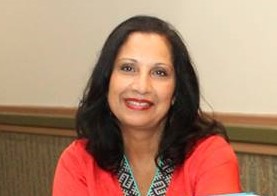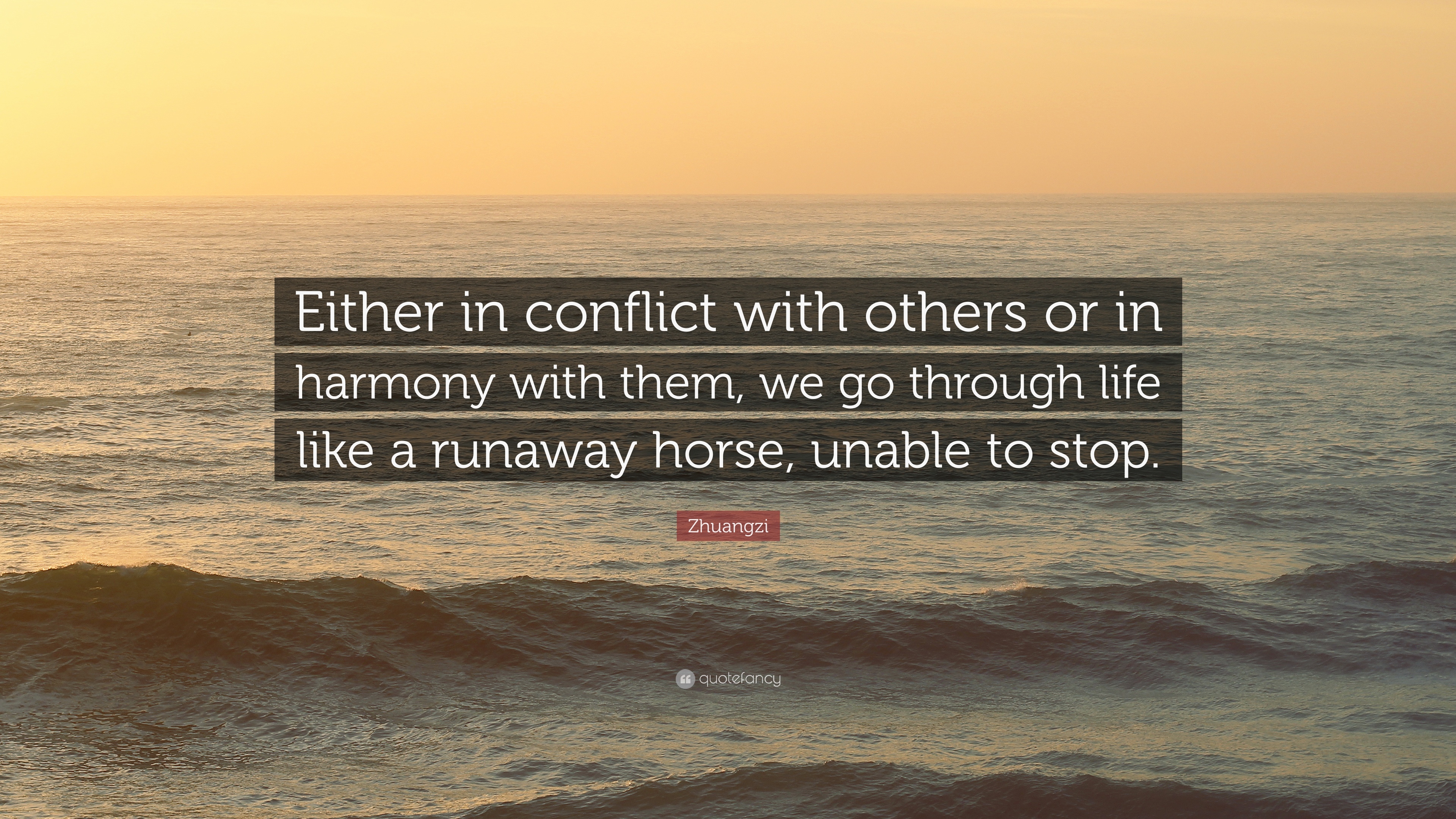As always, I get delightful insights from my Sufi teacher, who is an amazing integrator of ancient and modern teachings. Whether it is the teachings of the great Imam Al Ghazali from the 11th century, or Rumi or Yunus Emre from the 13th century or new discoveries from quantum sciences or New Age gurus, we get to benefit from the immense integrated and practical knowledge and its applications that our teacher conveys every week. For example, the discovery that “we see others how we are” is not new; it means we may be projecting our internal issues onto others without knowing it (through the subconscious). While it has been proven by quantum physics and other new sciences, it happens to be an ancient teaching that goes back all the way to Chinese and other ancient traditions.
The topic that fascinated me the most was relationships, and that harmony and conflict go hand in hand in relationships. Without relationships human beings do not exist, because our relationships define us. They define a role and a purpose which of course leads to joy and harmony most of the time. However, sometimes there is conflict. I often laugh at the typical Bollywood film when people tell each other “Tension mat le” (don’t get tense). It is funny because it mixes English and Hindi, but also because it signals that there is conflict, which is a good thing to acknowledge! That is better than silently nursing the tension which does effect our behavior.
Hence, conflict should be welcomed as a sign that something needs to change in the relationship. Perhaps boundaries are crossed unintentionally, or expectations are missed. The beautiful part about this teaching is that instead of getting sad or upset at conflict, we may want to appreciate it; remind ourselves that it is a useful phenomenon; that it is temporary and that we can grow from it if we reflect and surface it in a very respectful way. As a professional dialogue practitioner, I am always teaching and practicing how to converse in a respectful manner. Respect is key in all human affairs.
Our goal should always be to unify the differences, as differences are natural and have a purpose. Their purpose is to teach us to appreciate, honor, accept and adapt to the differences. So when differences surface or create conflict, it is our role to reflect and ponder the silent forces at work. If we combine that with putting our selfish ego aside, we can learn a lot about what needs to change. And when it comes to change, we should let our soul guide us as it is magnanimous and forgiving.
After this sohbet, like so many others, I felt such a sense of relief, as I for one am a conflict avoider. It is a very hard thing to share our upset; it is easier to sulk. And when we combine it with the gift of forgiveness, we lighten our beings. As I continue to learn and try to practice these noble human behaviors, I realize the difficulties and yet embrace the challenge.


Be First to Comment